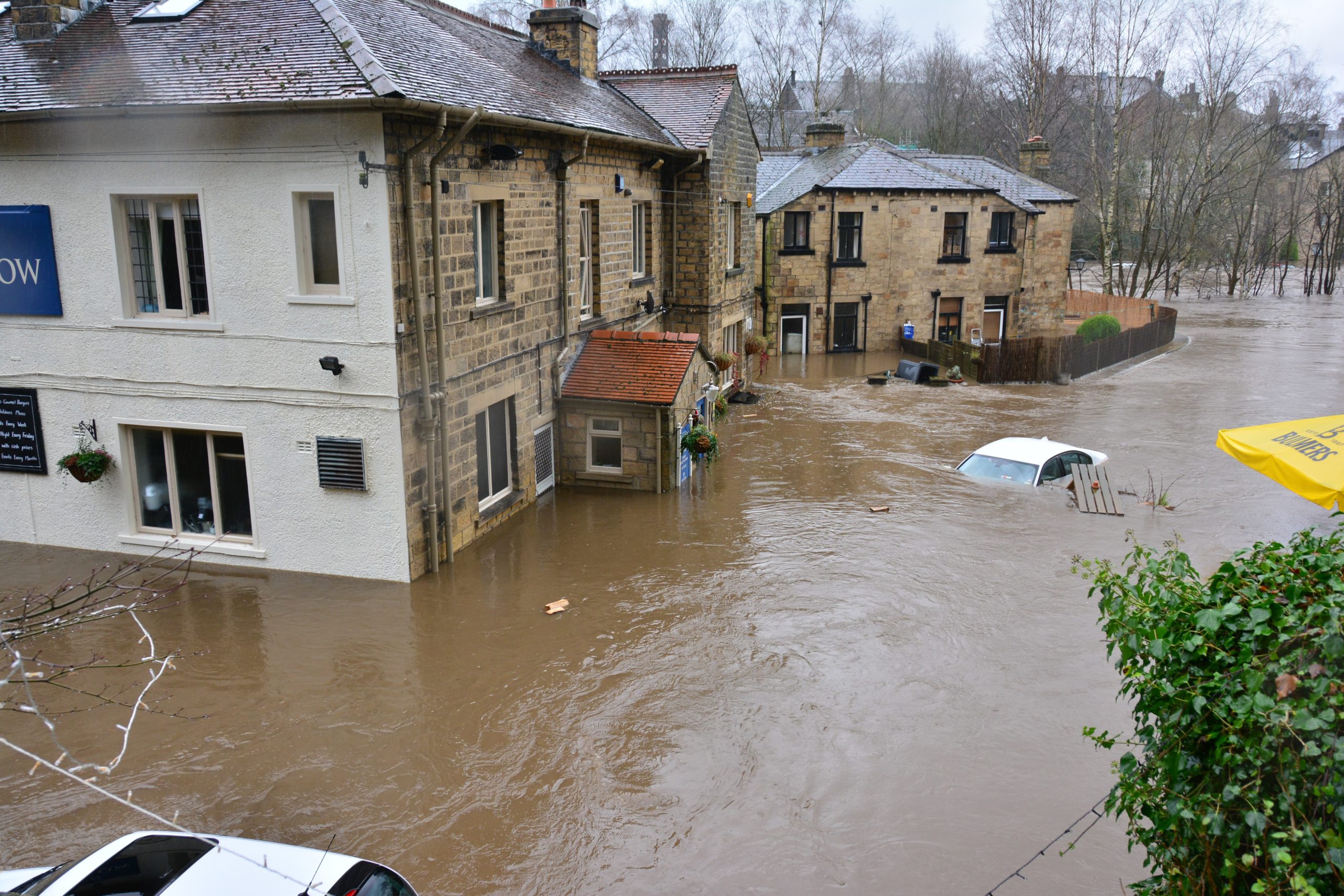IPCC WGII Report - Impacts, Adaptation and Vulnerability: insights and implications (part 1)

- Date
- Friday 4 March 2022, 12:00 - 13:00
- Location
- Online
Part one of a two-part webinar in collaboration with the UK Climate Resilience Programme, exploring the upcoming report from the Intergovernmental Panel on Climate Change. The report from the IPCC Working Group II, which has been developed by more than 700 authors from around the world over a period of four years, focuses in on climate change impacts, adaptation and vulnerability. These two webinars (Part 2 follows on Wednesday 9 March) offer an opportunity to hear directly from a number of IPCC authors who will outline some of the key findings of the report. They will be joined by key stakeholders to consider the implications for the UK.
Speakers:
- Mike Morecroft, Coordinating Lead Author of Chapter 2: Terrestrial and freshwater ecosystems and their services
- Daniela Schmidt, Coordinating Lead Author of Chapter 13: Europe
- Respondent: James Pearce-Higgins, Director, Science, British Trust for Ornithology
Chair: Suraje Dessai, UKCR Co-Champion
Mike Morecroft is Coordinating Lead Author on the Terrestrial and Freshwater Ecosystems chapter of the IPCC Working Group II report. He is an ecologist working for the government conservation body, Natural England, where he is the lead scientist on climate change adaptation and mitigation, carrying out research and providing advice to policy-makers and practitioners. He has published over 150 scientific papers, reports and book chapters. Mike led a research group at the Centre for Ecology and Hydrology before joining Natural England in 2009.
Daniela Schmidt is Professor in the school of Earth Sciences at the University of Bristol and coordinating lead author for the IPCC WGII chapter on Europe for the 6th IPCC assessment. Her research focuses on understanding the causes and effects of climate change on marine socio-ecological systems. Her lab exploits a breadth of novel techniques from material science and engineering to generate a holistic understanding of the threats of climate change on marine ecosystems. Working with colleagues in the humanities, social science and law, she lab assesses adaptation options and aims to widen the discourse of climate change risks. Prof Schmidt current project focusses on whether MPAs are effective tools to protect marine ecosystems against warming and sea level rise, considering organismal and ecological response to environmental changes, legal frameworks and adaptation feasibility.
James Pearce-Higgins is a member of the senior management team of the British Trust for Ornithology, responsible for providing strategic leadership of the science of the organisation. He provides strategic oversight of BTO science, which encompasses both monitoring and research. In addition, James specifically leads BTO’s climate change research. This involves documenting the impacts of climate change on UK biodiversity, undertaking projections of the likely future impact of climate change on species’ distributions and abundance, and informing the development of climate change adaptation. In recent years, James has led five multi-organisational climate change research consortia funded by Defra, Natural England and CCI, as well as many BTO projects.
Watch the recording
Image by Chris Gallagher on Unsplash
